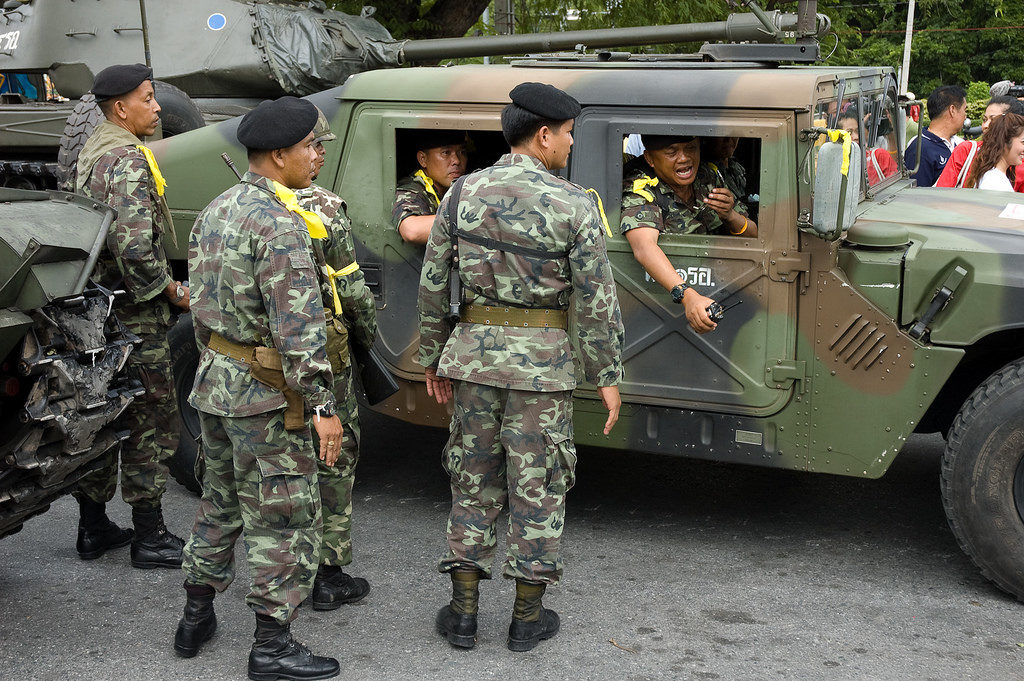
No combat operation has lasted as long since the Vietnam War was what the Iraq and Afghanistan conflicts have. And this has caused a number of very significant problems for individuals in the military. Luckily, however, organizations such as Helping a Hero are out there to support them.
The Different Stressors
Active duty military personnel face a number of key stressors that impact their mental health. Those include:
- The fact that they are always at risk of injury or death.
- The fact that they are confronted with injury or death, either caused to their colleagues, or caused by them.
- The fact that they are on constant alert.
- The fact that they are away from home, which can lead to personal problems.
- Military Sexual Trauma (MST) is highly prevalent among women and happens due to threats of, or actual, sexual harassment in the military.
Research has shown which particular stressors were the hardest to deal with for personnel, being:
- Knowing someone killed or seriously injure.
- Being under fire.
- Being ambushed or attacked.
- Being shot at.
- Seeing dead bodies.
The result of all this stress, unsurprisingly, is an increase in the number of people who have PTSD (Post Traumatic Stress Disorder).
The Impact of Military Stressors on Mental Health
Conservative estimates suggest that between 10% and 18% of troops return with PTSD. However, they are also at increased risk of other mental health issues. Depression, for instance, is believed to be present in between 3% and 25% of troops. Furthermore, there is a greater chance of developing alcoholism, and many find they conflict regularly with other people. Of particular worry with PTSD is that it usually takes at least six months before symptoms to appear.
How the Risk of Mental Health Issues Increases
There are a number of factors that are known to increase the chance of someone developing PSTD. Those include:
- Being deployed for longer.
- Having increased combat exposure (front line or seeing others killed/wounded).
- Being physically injured.
- Experiencing traumatic brain injury.
- Being of a lower rank.
- Having a low standard of education.
- Being socially isolated in the unit.
- Being single.
- Having family issues.
- Being a Reserve or National Guard.
- Having been exposed to trauma in the past.
- Being female.
- Being Hispanic.
Mental Health Care for Service Members
The VA (Veterans Administration) and various veteran support charities have reported that service members are looking for help. In fact, the VA reported that 48% of those who seek their service have mental health problems. However, too few are seeking the support they are entitled to, mainly because:
- They worry that they will be seen as weak.
- They worry that they will be treated differently.
- They worry that they will no longer have confidence from others.
- They worry about privacy.
- They expect help from their friends and family.
- They do not believe in the treatment or worry about side effects.
- They find it hard to access treatment or to pay for it.


